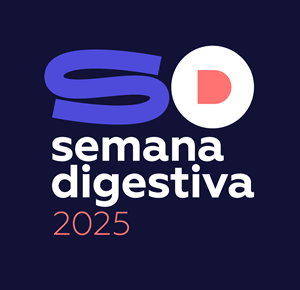Material and Methods: A retrospective study of patients with established IBD who were under biotechnological therapy in 2020 was conducted. Demographic and clinical data were obtained by medical records analysis from IBD patients followed in a Portuguese tertiary centre. Results: Among 535 patients, 270 (50.5%) were men, with a median age of 44.7 years, 189 (35.3%) current/past smokers. The vast majority, 473 patients (88.4%), had Crohn’s disease, 213 with ileocolic involvement (45%), 189 with stricturing behaviour (39.9%) and 193 with perianal disease (40.8%) while the 53 ulcerative colitis patients (9.9%) presented mostly pancolitis (44.2%). The median age at diagnosis was 28 years. Extraintestinal manifestation was identified in 27.6%, mainly rheumatological disease. 357 patients (66.7%) had history of steroid treatment and IBD-related hospitalization was needed in 328 cases (61.3%) during the course of disease. 187 patients (35%) underwent bowel resection for complicated luminal IBD.At the time of the present analysis: 281 patients were under infliximab (52.5%); 139 adalimumab (26%); 33 vedolizumab (6.2%) and 31 under ustekinumab (5.8%). 103 (19.2%), 28 (5.2%) and 7 (1.3%) patients experimented a total of 2, 3 and 4 biologic agents, respectively. The majority of the patients treated with ≥3 biologic agents were currently under ustekinumab therapy (51%). Association with immunomodulator was being used in half of cases, 271 patients. Conclusion: Biologic drugs have been used on the management of particularly difficult IBD patients. The knowledge of this population can provide tools to optimize treatment strategies.

 Semana Digestiva 2025 | Todos os direitos reservados
Semana Digestiva 2025 | Todos os direitos reservados